
by Arya Sharma | 2 Jan 2025 | Culture, Environment, Student Posts, VIBGYOR, Youth Voices
It’s time we rethink what we buy and wear and toss. As we fill our closets with new threads, the earth is getting poisoned by polyester. One woman models a skirt made out of a magpie inkcap mushroom and another models a skirt made of seaweed. (Illustration by...
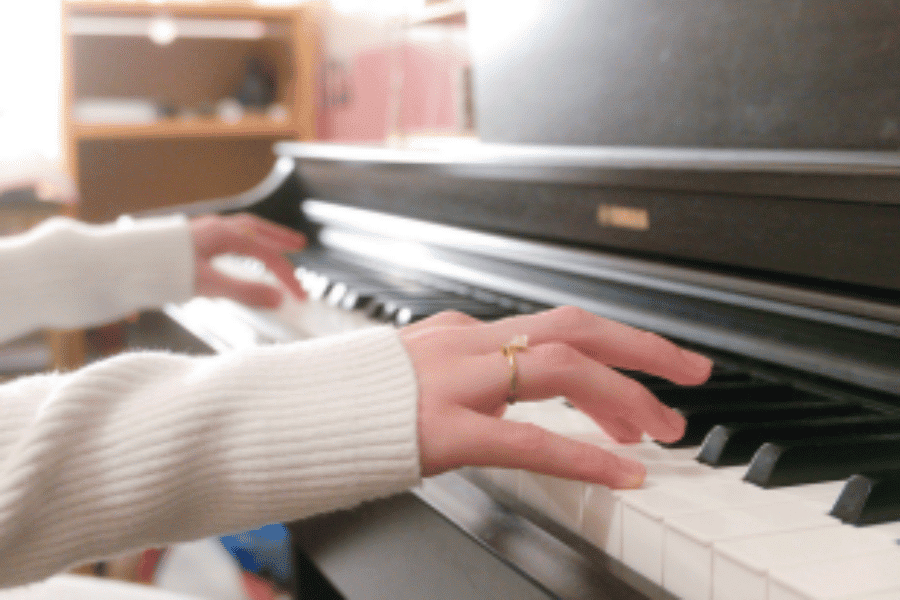
by Amanda Dominique-Santos | 19 Dec 2024 | Culture, Education, France, Health and Wellness, School Year Abroad, Student Posts, Youth Voices
In studying in France I learned something I didn’t expect. Back home we all rush around so much we miss what’s most important: The life around us. The hands of the author’s host sister at the piano keyboard. (Photo by Amanda Dominique-Santos) This...
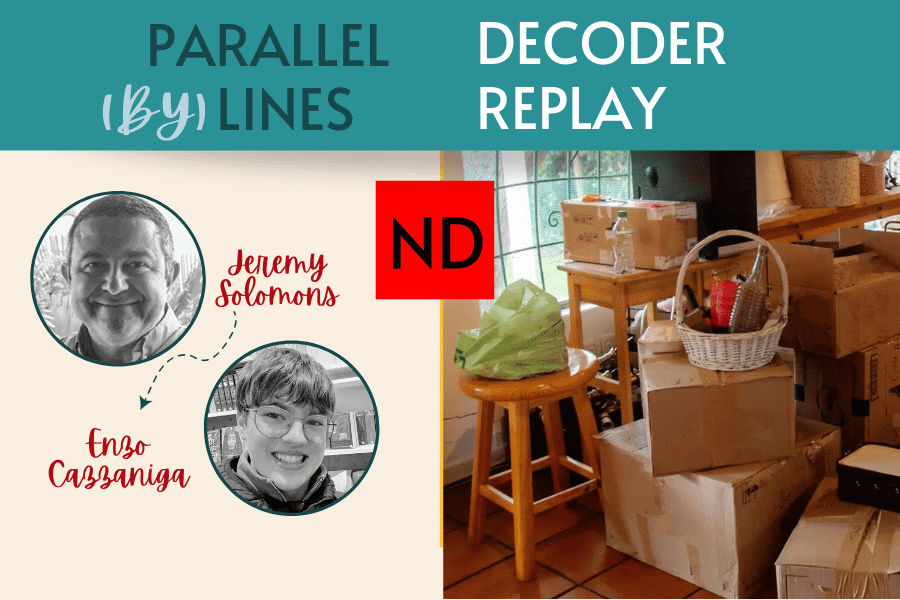
by Enzo Cazzaniga | 4 Dec 2024 | Decoder Replay, News Decoder Updates, Parallel (By)Lines, Realgymnasium Rämibühl Zürich, Youth Voices
We carry complicated identities inside us shaped in large part by where we call home. When that changes, how does that change us? Vide excerpts from a conversation between correspondent Jeremy Solomons and student Enzo Cazzaniga about identity and the idea of home. In...
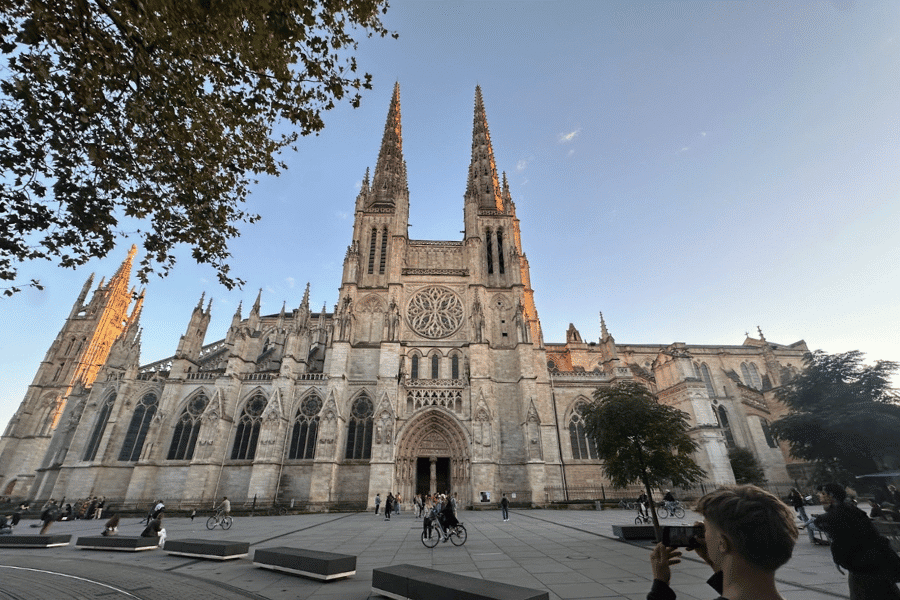
by News Decoder | 19 Nov 2024 | Culture, Europe, France, History, Personal Reflections, School Year Abroad, Student Posts, Youth Voices
A trip to Bordeaux, France opened the eyes of three U.S. teens in ways they hadn’t expected. The Cathédrale Saint-André de Bordeaux, Bordeaux, France. (Photo by Christopher “Breck” DuPaul) This article was produced out of News Decoder’s school...
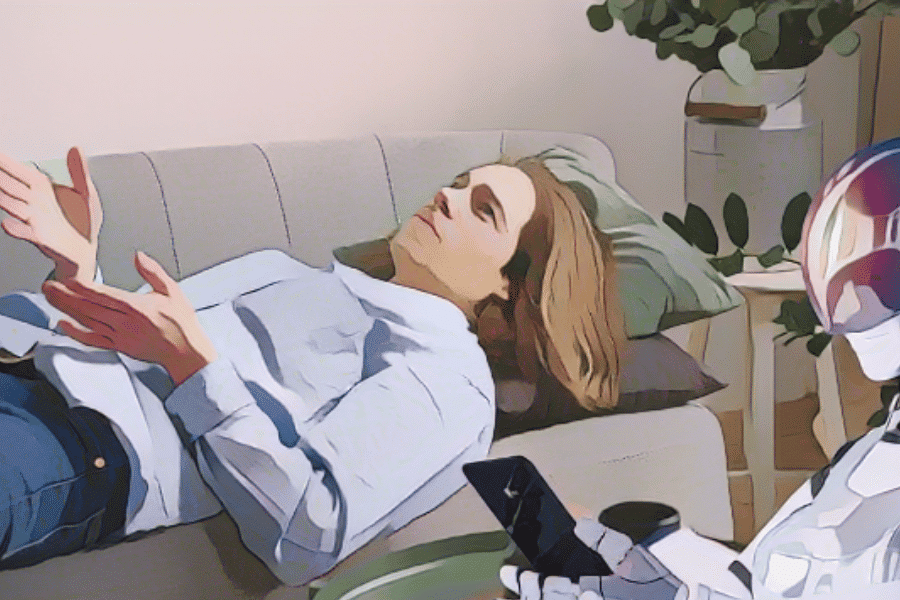
by Sienna Mamoun and Alexa Taras | 8 Aug 2024 | Contest winners, Health and Wellness, Hewitt, Student Posts, Technology, Youth Voices
Artificial intelligence shows promise and peril. But some people might find it more comforting to tell their problems to a machine than a human. A young man talks to a robot therapist. (Illustration by News Decoder) This article, by high school students Sienna Mamoun...
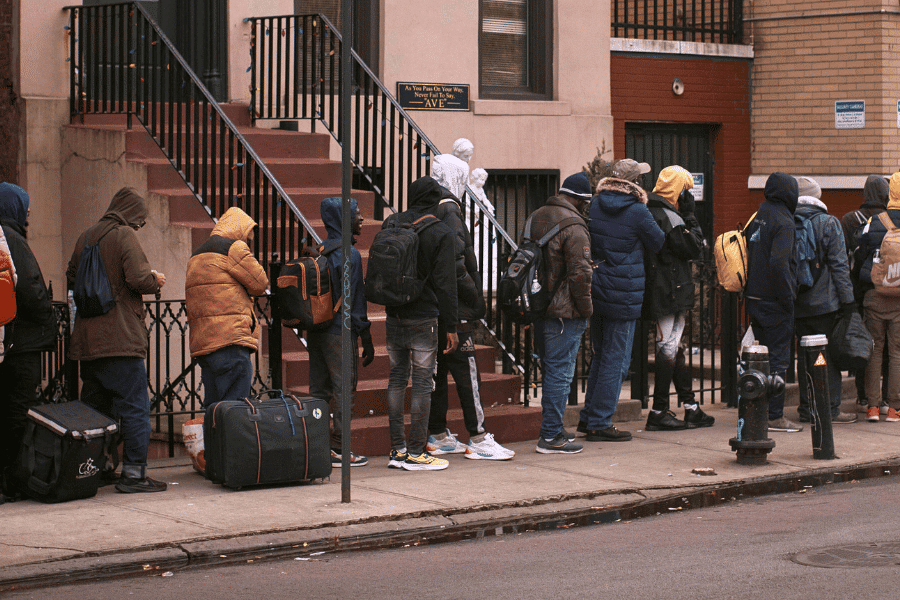
by Samantha Crystal | 9 Jul 2024 | Contest winners, Hewitt, Human Rights, Student Posts, United States, Youth Voices
Immigrants seeking asylum in New York City struggle to get help meeting basic needs. Nonprofit organizations struggle to fill the vacuum. Migrants queue in the cold as they look for a shelter outside a migrant assistance center at St. Brigid Elementary School in lower...

by Leia Neilson | 11 Jun 2024 | Contest winners, Europe, History, Politics, School Year Abroad, Student Posts, Youth Voices
When you think of France, you might picture sitting at a café. But taking to the streets to air grievances is as French as Beaujolais. Protesters in Rennes, France march over pension reforms and more, April 2023. (Photo credit: Clover Choi) This article, by high...

by Joshua Glazer | 2 May 2024 | Journalism, School Year Abroad, Student Posts, Youth Voices
Some worry that the prosecution of Julian Assange could set a precedent for prosecuting anyone who disseminates information gathered by whistleblowers. WikiLeaks founder Julian Assange shown being taken from court, where he appeared on charges of jumping British bail...

by Amina McCauley | 19 Apr 2024 | Decoder Dialogues, Education, Environment, News Decoder Updates, Tatnall School, Youth Voices
Are wealthy countries responsible for mitigating the effects of climate change in developing countries? Students take up the debate — and find common ground. (Credit: Badmanproduction/Getty Images) “Developed countries should make a sincere effort to mitigate the...
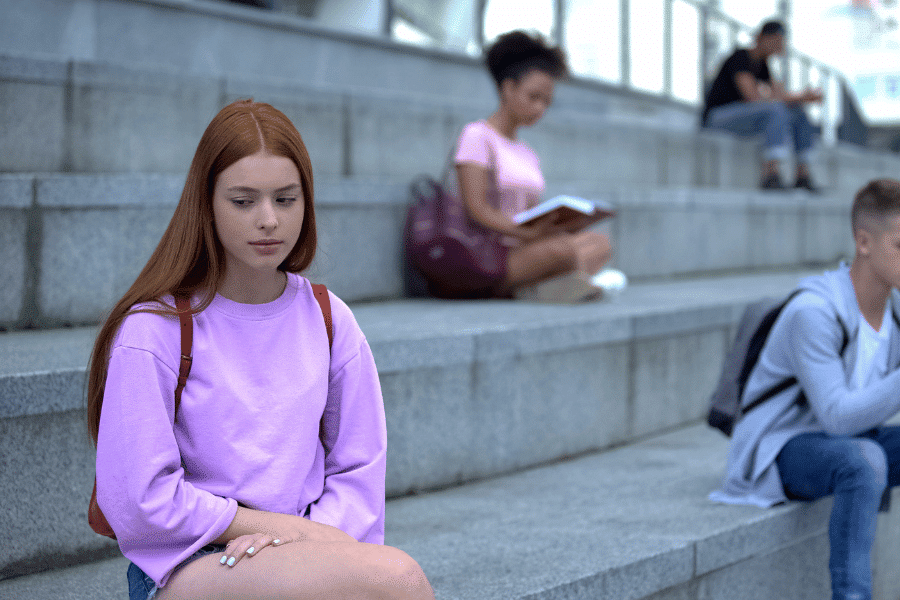
by Chloe Kennedy | 5 Apr 2024 | Health and Wellness, Student Posts, Tatnall School, Youth Voices
Long after teens returned to school, the isolation they endured during lockdown had ramifications we are just now seeing. A teen sits on stairs feeling lonely. (Credit: Motortion/Getty Images) This article, by high school student Chloe Kennedy, was produced out of...










